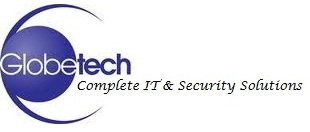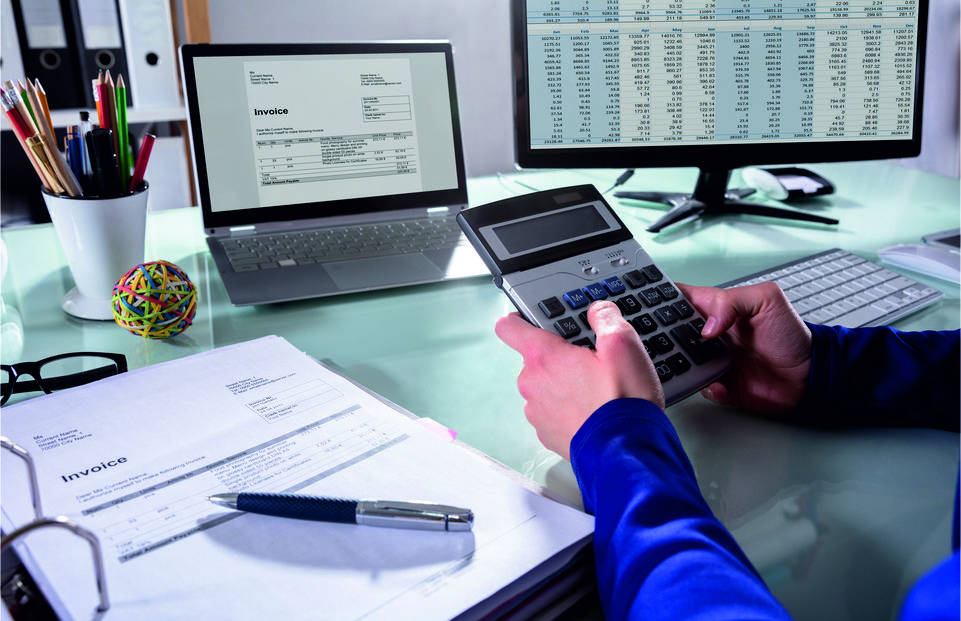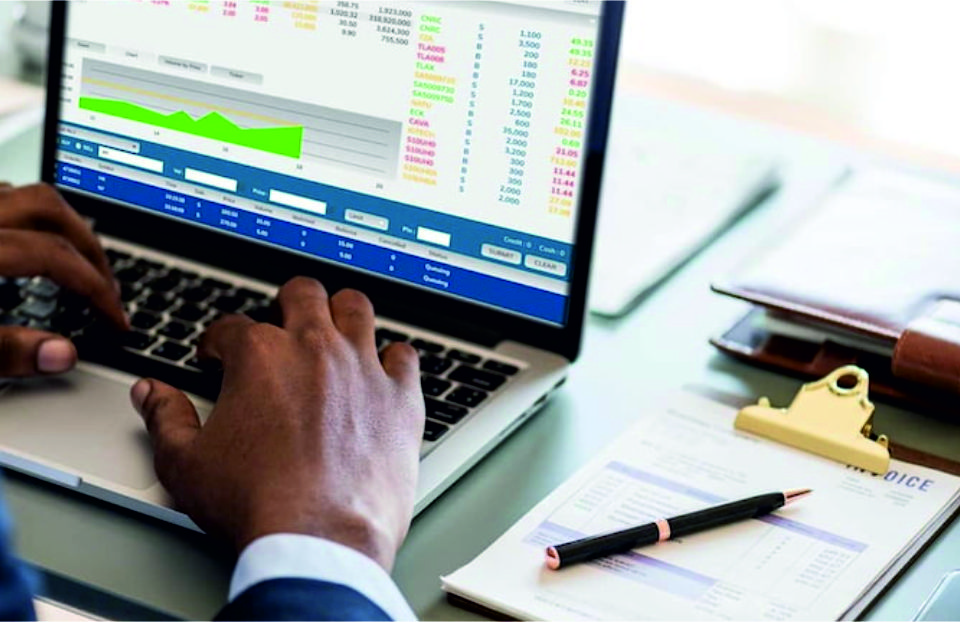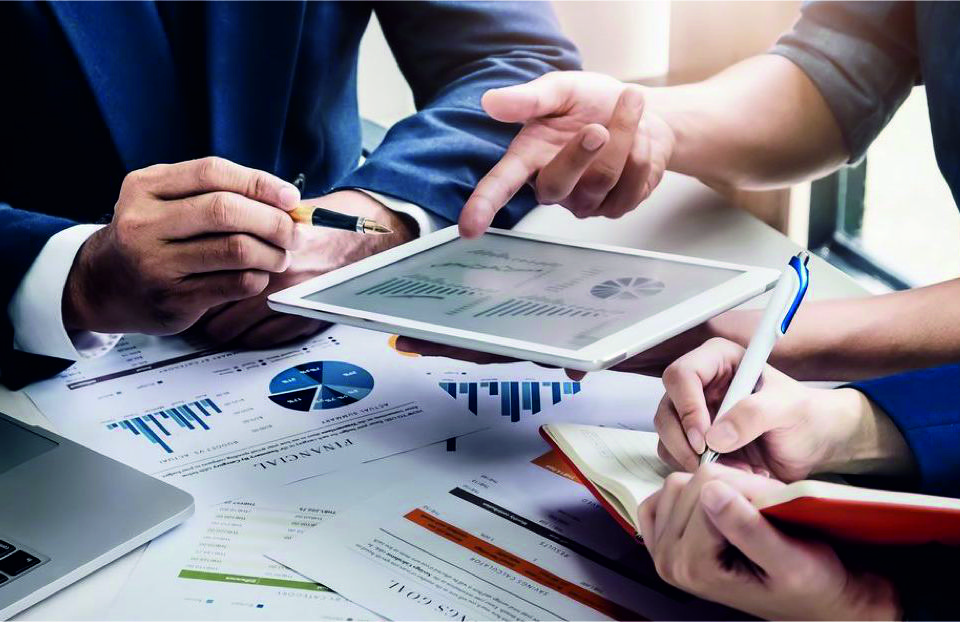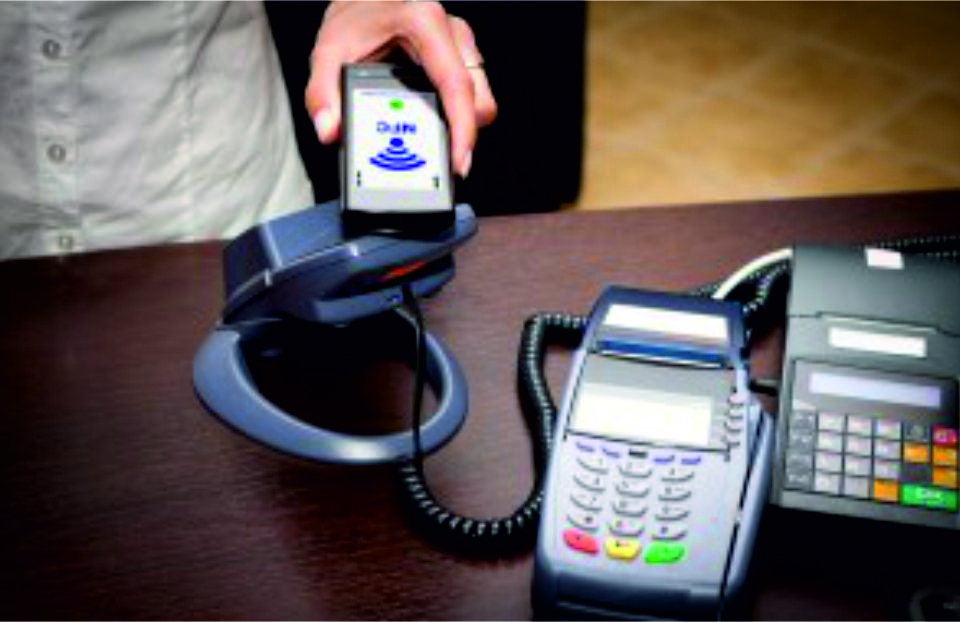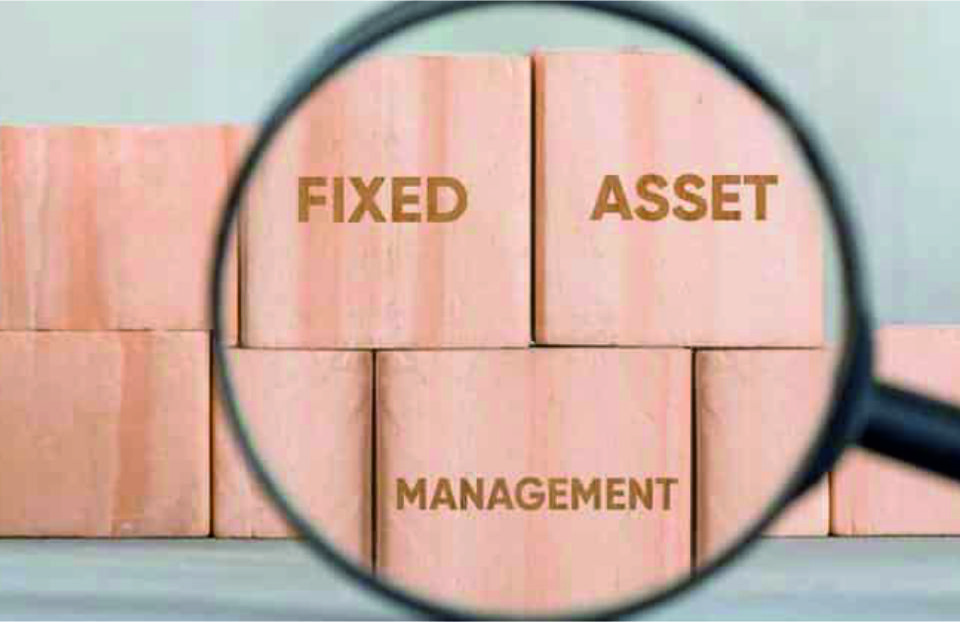What is e-invoicing?
The e-invoicing process comprises of two phases. In the first phase, the taxpayers have to issue and store e-invoices instead of physical invoices, credit, and debit notes. In the second phase, they are required to upload these invoices on ZATCA’s portal and get them validated before sharing them with the buyers. E-invoicing is the process of generating digital invoices under the regulation of Zakat, Tax, and Customs Authority (ZATCA) in the Kingdom of Saudi Arabia (KSA), through which you could authenticate B2B, B2G, and B2C invoices electronically and use them wherever required over the common ZATCA portal.
Why should you opt for e-invoicing?
The GST Council in India has made e-invoicing mandatory for businesses that have a turnover of more than Rs.20 Crores. Regardless of this, it would be a game-changer for your business for the following reasons:
- * E-invoicing would help you overcome the data reconciliation challenges and reduce data mismatch errors in GST.
- * You would no longer have to manually feed invoice data in tax return filing as the details would be auto-populated through e-invoicing.
- * It would let you track supplier invoices in real-time.
- * The input tax credit would be available much faster.
- * As e-invoicing provides transparency at the transaction level, the likelihood of audits and surveys by tax authorities would become minimal.
Still using Old ERP without e-invoicing system?
Seamlessly integrate it with our standalone e-invoicing system to prevent duplication and manual processing errors. It
would allow you to automate the invoicing process and take control over every invoice issued.
Our e-invoicing solution is cost effective and ready to integrate with other existing ERPs. With the
old ERP e-invoicing system, you could define the formats you want to send or receive the invoices or alter them when
necessary. This makes managing invoice formats for customers and suppliers much easier and hassle-free. You no more need
to manually create invoices or worry about processing errors; e-invoicing integration would save time and increase the
efficiency of the process.
Modules To Personalize Your ERP System
ERP modules are applications dedicated to certain business functions and processes. The modular design of ERP provides data and supports the processes that help employees manage their daily tasks. We offer integrable ERP modules for you to achieve better, faster and simpler processes. Choose precisely what you require, to identify and set up new standards for operational excellence. All modules are integrated with the ERP system's central database so there's a single source of accurate data. Take control of your entire business, from supply chain to sales with Myzz Books Software for established businesses looking for greater efficiency, flexibility, and insight.
CRM Module
Customer Relationship Management (CRM) helps manufacturers manage the customer lifecycle, from initial contact to sales, production, and post-sale maintenance and support services. You can find information about customers and prospects, their communication history, and purchase history. ERP CRM helps you create and manage service and warranty agreements efficiently and provide faster response to service calls.
Finance & Accounting Module
The major features in this module include general ledger, accounts payable, accounts receivable, and taxation. The Finance and Accounting module in ERP automates billing tasks, account reconciliation, vendor payments, and more. Financial planning and analysis data help to prepare key reports such as Profit and Loss statements.
Human Resource Module
A human resource management (HRM) or human capital management (HCM) module usually encompasses all the features of a workforce management application and offers additional capabilities. HRM could be viewed as CRM for employees. This popular module has detailed records on all employees and stores documents like performance reviews, job descriptions and offer letters. It tracks not only hours worked but also paid time off sick days and benefits information.
Manufacturing Module
The first version of ERP was designed for manufacturers. MRP or Material Requirement Planning was the earliest version of ERP that helped businesses estimate quantities of raw materials to schedule on-time deliveries. Material Requirement Planning synchronizes the flow of materials that are aligned with the production schedule. It focuses on customer retention, cost reduction, and productivity through one view of all demand-driven activities.
Inventory Management Module
Inventory Management allows manufacturers to gain real-time inventory information and manage all aspects of the business on one platform. This includes finance, planning, logistics, and operations. This module offers a complete picture of not only current but also incoming inventory, through an integration with the procurement tool. This piece of software helps businesses manage inventory costs, making sure they have sufficient stock without tying up too much cash in inventory.
POS Module
The retail POS module offers a user-friendly interface and supports fast billing features. The retail point of sale module automates data synchronization and provides a quick and easy approach to billing. The POS module in ERP also includes stock management features to empower retailers to gain greater visibility and control into the stock availability.
Fixed Assets Management
The fixed assets management module in ERP software helps you track and maintain fixed assets to ensure maximum productivity. The fixed assets management module allows you to define asset depreciation, monitor the usage, and conduct on-time maintenance to enhance fixed asset reliability and predict equipment failure in advance.
